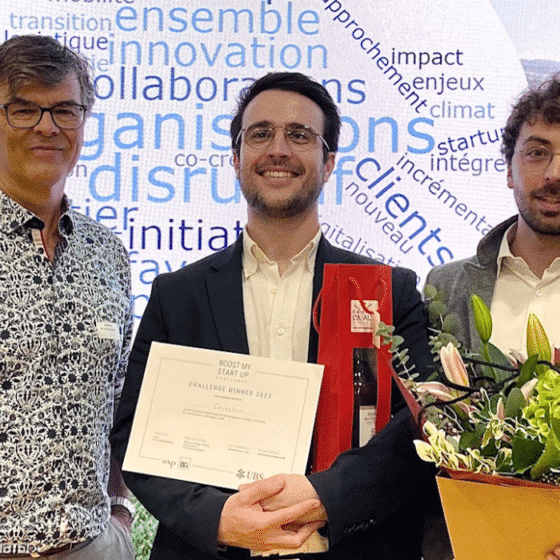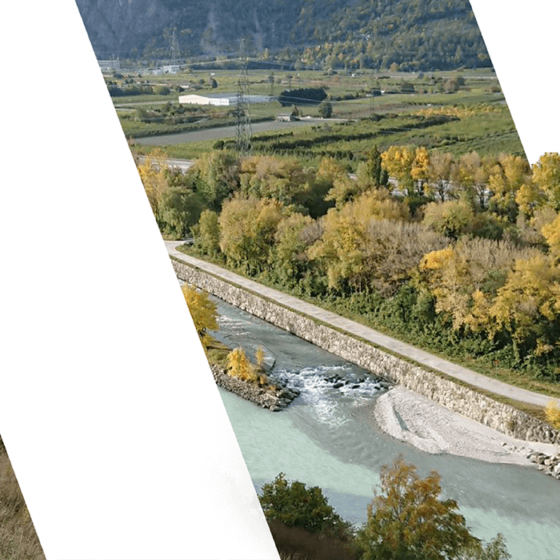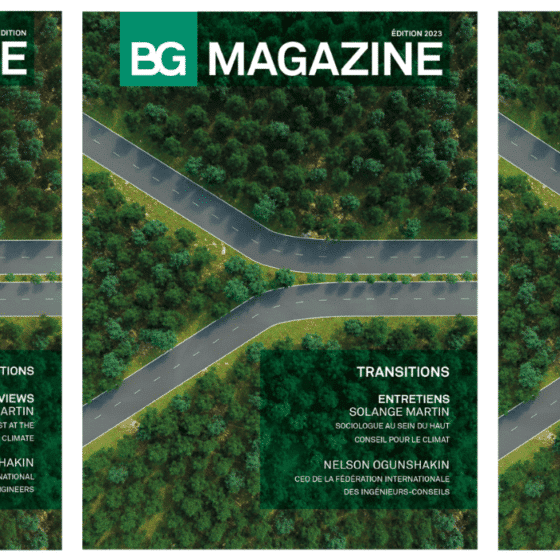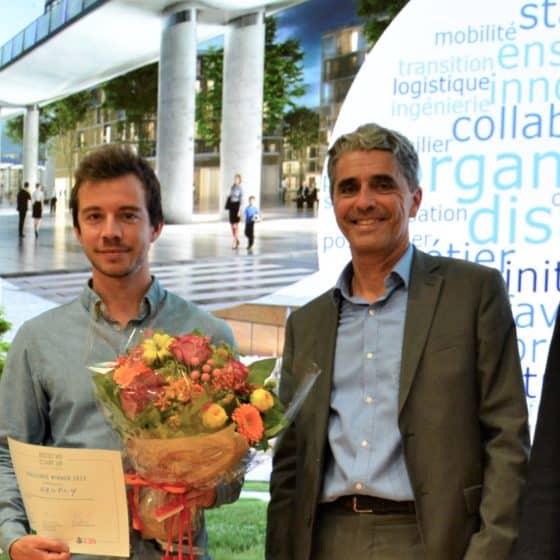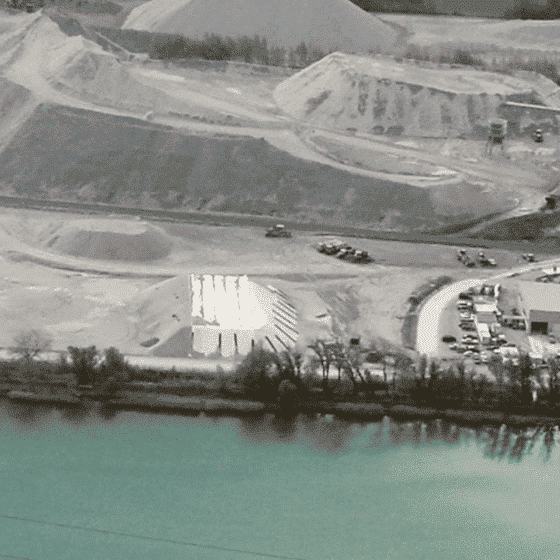Switch to clean vehicles: the green strategy of Romande Energie
Highly motivated to play a role in the fight against global warming, Romande Energie wishes to renew its fleet of vehicles and to switch to a cleaner form of energy. To achieve this, the company asked the BG Group to draw up an electromobility strategy.
As the main supplier of electricity in French-speaking Switzerland, Romande Energie has 880 employees and a fleet of 600 vehicles. In order to contribute to the fight against global warming and to develop a mobility strategy in line with its core activity, its management has decided to gradually modernise its fleet of vehicles by progressively abandoning thermal energy to switch to electromobility.
This project is complex. And expensive:“With an average price of CHF 30,000 per vehicle, this transformation requires a considerable investment,” explains Reto Graf, head of the Transport infrastuctures and mobility Business Unit at BG. This is why the Morges-based company called on BG’s expertise to help it design and implement its strategy for the acquisition of new vehicles. Among the main decision criteria, there is the vehicle autonomy, the availability of charging stations and charging time. “This last criterion is important, because this charging time can take up to two to three hours during which the employee is immobilised,” comments Reto Graf. This loss of productivity represents an additional cost. It is therefore essential that this strategy be as close as possible to the needs of the company and its employees.
In order to assess all these factors upstream, BG initiated a series of tests on around ten electric vehicles, with 75 Romande Energie employees playing the role of testers. “To obtain a balanced assessment, our sample includes testers from all professional backgrounds, having extremely varied uses, from ten km to several hundred km per day,” continues the engineer. At the end of the week, he collects their impressions and comments.
Once the data has been gathered, the second phase of the project will begin, namely the drafting of the electromobility strategy. “This is where our know-how and our added value come into play,” continues Reto Graf. “We need to predict how these technologies and their market will develop in the future.” Knowing that automotive groups spend billions to develop more efficient vehicles, we can expect their prices to drop and even become lower than combustion cars. On the other hand, Tesla is in the process of developing a car with a range of 800 kilometres. And, if currently, charging must be carried out at terminals with a client card, it will not be long before users will be able to use their credit card directly. These elements will be included in the strategy and will serve as the basis for future decisions.
The trials lasted until the end of January 2021 and the strategy will be validated in a second step, for implementation from 2022. The implementation will be carried out in stages. For Romande Energie, the advantages of such a strategy lie mainly in reducing CO2 emissions and improving comfort with vehicles that are quieter and more pleasant to drive. Not to mention the financial gains in the medium term. Because although the electric car costs more, it also implies less expensive energy and maintenance costs (simpler than that of a thermal car), that will compensate for the initial investment.
This project is in line with a very similar initiative within BG, which is also decarbonising its fleet of vehicles. Sustainability values therefore shared with Romande Energie.
(Article taken from BG Magazine 2021, updated version on the site)


